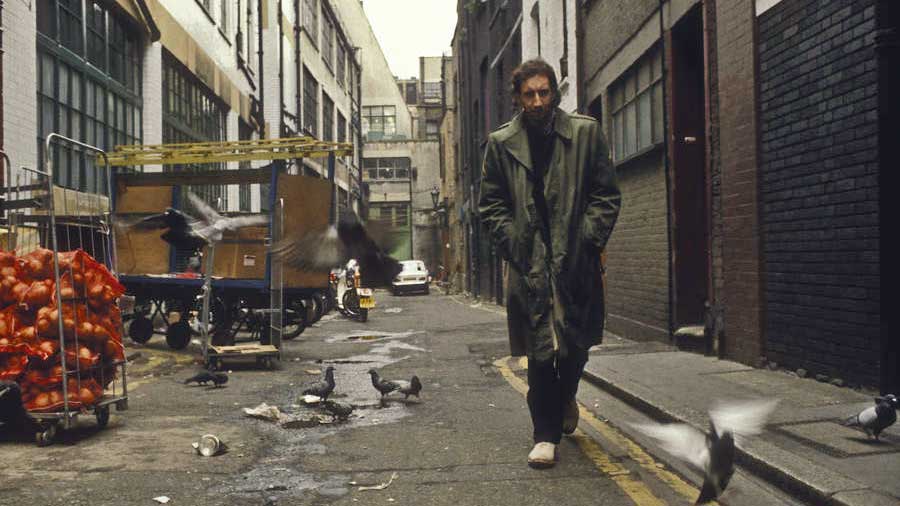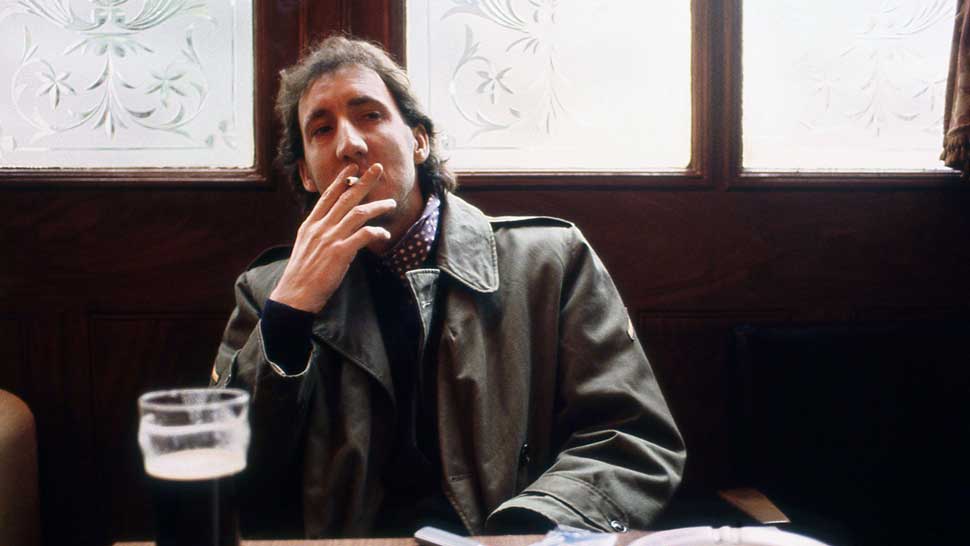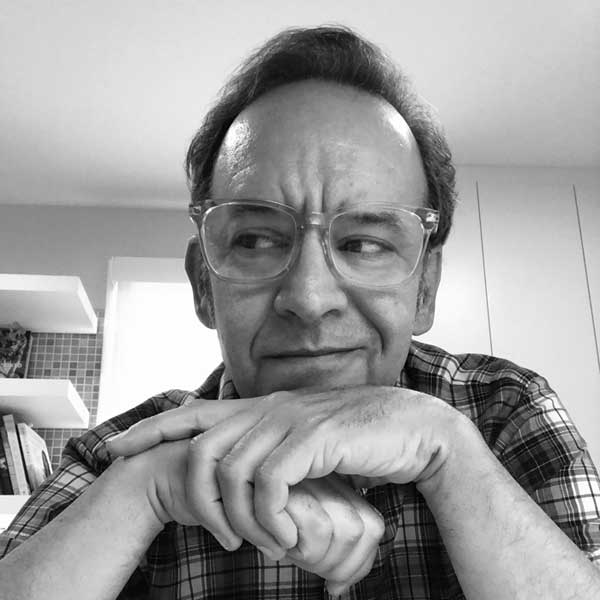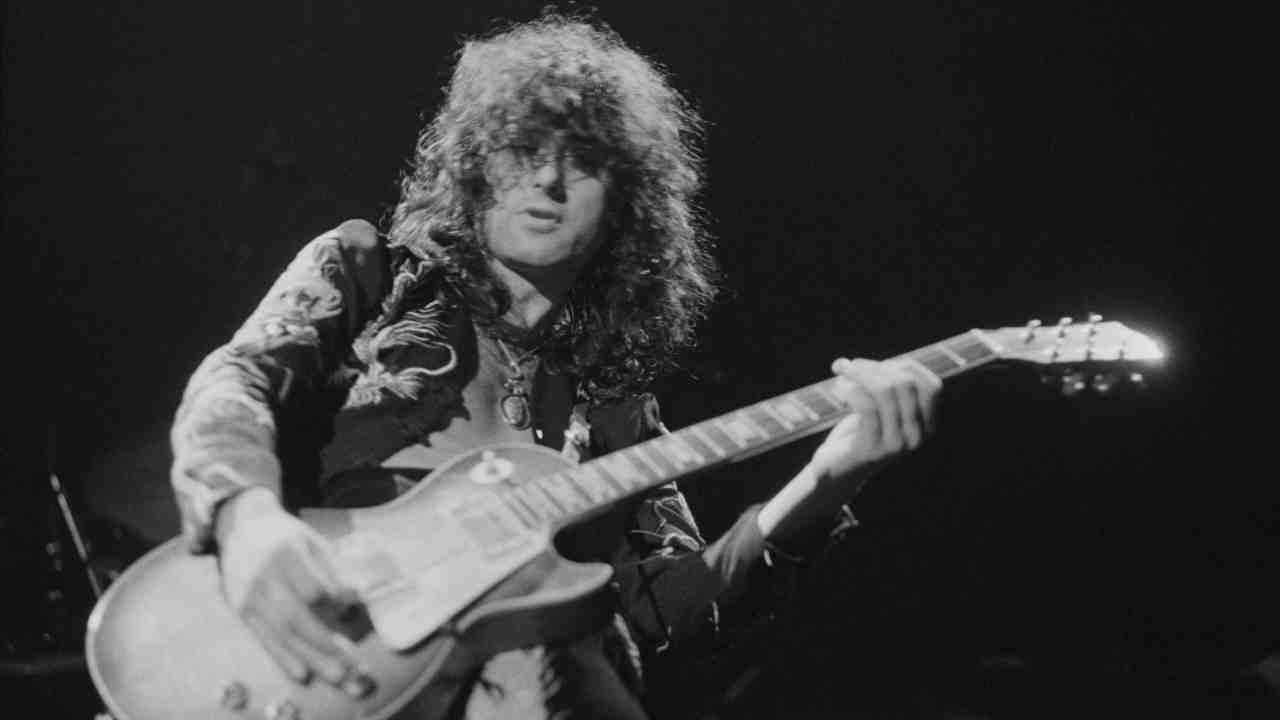"On this album he proved he was so much more than a rock musician": The Pete Townshend album that measures up to The Who's best work
A late-70s blitz of punk, personal problems and tragedy forced The Who’s Pete Townshend to reassess his life and career. One of the results was his solo masterpiece Empty Glass

In early 1977, Keith Moon took Pete Townshend to see Generation X at the Marquee Club. “It was my first punk concert,” Townshend recalled in 2019. “Keith had had the courage to go [to punk gigs], and I’d never had the courage to go. I think when the punk movement came along, it wasn’t their mission to conquer, but to destroy. And they did. But I loved the punk movement, because that’s what I wanted The Who to be. I wanted The Who to last six months then disappear, so I could go back to art school and have a decent life.
“At the show, I remember thinking: ‘Wow, this is what we used to do. And they’re doing it again. They’re not doing it quite as well as we did it, but they’re doing it really, really well, and they’re young.”
But the spikes-and-safety-pins crowd didn’t share Townshend’s qualified response.
“They were spitting on us,” Townshend told Rolling Stone. “It felt like we were doomed.”
When punk met Townshend, then a godfatherly 31, it set him spinning into a turbulent phase full of cocaine, booze and marital strife. “I began seeing myself as a party man, an honorary senior punkplayboy-cum-elder statesman,” he wrote in his autobiography Who I Am. But ultimately it resulted in Empty Glass, the most enduring of his solo albums, which 40 years on measures up to even Who’s Next and Quadrophenia.
Punk also made Townshend reassess the state of The Who. Since playing that same Marquee club for the first time, in 1964, they had become, along with the Rolling Stones and Led Zeppelin, one of the biggest bands in the world. Or in 1976 parlance, a dinosaur.
“My reaction was just to stop,” Townshend said. “I spent a lot of time forcing the band, especially Roger, into conversations about where music was going and whether we should be involved in it, and the problem with Moon living that Hollywood lifestyle in America and whether we should try to force him to come back to England. Whether our music should change, or whether we should let the Who just bash on until it got really boring.”
Sign up below to get the latest from Classic Rock, plus exclusive special offers, direct to your inbox!
Despite intense pressure from the band to tour, Townshend stayed off the road for two and a half years. But with more time on his hands than he’d had since his art school days, he drifted into trouble: “I decided that practically all the personal problems I had – whether it was boozing, or difficulty at home with my family – was because of The Who on the road.
"I got to the end of that two and a half years off, and all my problems were still there. Some of them were worse. But what was strange about that time was that it somehow opened me up. I was able to put a slightly different slant on the qualities that I look for, or that other people look for, in life.”
During his sabbatical, Townshend palled around with the Sex Pistols and The Clash, his spiritual offspring. “It was probably Steve and Paul from the Pistols who told me: ‘Why the fuck do you worry about it? Just get up and play. Alright, it’s ritualised. Who gives a shit? Just play!’ It was that who-gives-a-shit attitude that got me: ‘So it’s ritualized. Who gives a shit?’ Yeah!’”
But just as The Who roared back to life with the Who Are You album, the title track a kind of gauntlet challenge to punks, Keith Moon died of an overdose. Townshend convinced Roger Daltrey and John Entwistle that the answer was to get right back out on tour, although he later admitted that decision was his way of coping with the grief and was “completely irrational, bordering on insane”.
With Kenney Jones on drums, 1979’s tour brought further tragedy, when on December 11 people were trampled to death at the band’s concert at Riverfront Coliseum in Cincinnati.
With all those existential question marks, you’d think Townshend would want some deep spiritual answers. Instead, Empty Glass songs such as I Am An Animal, And I Moved and A Little Is Enough launched even more queries at the world, both seen and unseen.
“Spirituality to me is about the asking, not the answers,” he told NME at the time. “And I still do find it a very romantic proposition, that you hold up an empty glass and say: ‘Right. If you’re there, fill it.’ The glass is empty because you have emptied it. You were in it originally. That’s why it’s only when you’re at your lowest ebb, when you’re in a state of futility, that you produce an empty glass."

Townshend began recording in London in November 1979 at Wessex studios, then continued at AIR. To produce, he brought in Chris Thomas. They first met in the mid-60s when Townshend wrote and produced a song called Run, Run, Run for Thomas’s shortlived band Second Thoughts. And although Thomas went on to engineer and produce albums by The Beatles, Pink Floyd and Procol Harum, it was doubtless his recent work with the Sex Pistols and Pretenders that intrigued Townshend most.
“Chris had just completed the first Pretenders album,” he recalled. “He worked intensely with Chrissie Hynde, doing quite a lot of comping – recording a number of vocal tracks and then choosing, isolating and combining the best parts. By the time he worked with me he knew precisely how to get a virgin singer like me to find a real voice. There’s no false modesty here. This was my first really serious solo album [1972’s Who Came First was more like a collection of demos], and I had to learn to sing hard rock, high notes, low notes, and express passion and sexiness. He also helped find a new voice on tricky songs like Jools And Jim and Empty Glass, and to build really solid backing vocals in thick layers on pure pop songs like Let My Love Open The Door.”
Another key player on the sessions, whose relationship with Townshend stretched back to the late 60s, was bassist Tony Butler (best known now for being in Big Country). He tells Classic Rock: “When I was in school, twelve years old, I started playing bass. And I got invited round to meet some kids who had a group. At this address in West London, I was greeted by this rather stunningly old-fashioned lady who looked at me with disbelief and horror. Being a black kid in a predominantly white area was kind of unheard of then. She thought I was a drug dealer. This was Betty Townshend [Pete’s mum].
"She let me in, and I was introduced to her boys Simon and Paul, and we got talking and playing, and my journey continued from there. To me, Pete was just their older brother. It wasn’t until a few years later when I saw the Woodstock film that the penny dropped and I realised: ‘Oh, he’s a rock star’. Fast forward 10 years, and Butler, then working part-time for Pete Townshend’s side venture hiring out synthesisers to studios, was invited to be part of Empty Glass.
“The tracking was nerve-racking, because I was the rookie of the bunch, in with top players,” he recalls. “And not just that. Dropping into the studio would be people like Stephen Stills, followed by David Bowie, followed by Mick Jagger. I’m pinching myself, thinking: ‘Jesus, where am I?’”
Butler paints a picture of how the sessions proceeded: “Pete would play us a song on acoustic, just a rough sketch, then we’d start jamming on it as a band. He was known for his elaborate demos with The Who, but I can’t remember that he did that with us. We worked long days, doing take after take, considering all the usual things – key, tempo, the nuts and bolts. Meanwhile, the engineer, Bill Price, was like a mad scientist, splicing takes together, with tape everywhere.
“There was a camaraderie in the studio. But Pete was moody. If he was in a good mood, he’d be great to talk to; if he was in a bad mood, keep out of his way. I never had a confrontation with him, but others did – and I wouldn’t have wanted to be on the receiving end. But he put everything into his art. There was no holding back. That made for a highly charged atmosphere. It even happened with Chris Thomas. He and Pete would be really lovey-dovey one day, drinking a bottle of Remy Martin together, then there’d be an explosion because something wasn’t working. But there was never any hatred in it, it was just an expression of emotion. It was always about making the music the best it could be.”
Empty Glass standout tracks like Gonna Get Ya, Jools And Jim and Let My Love Open The Door married the concise pop smarts of the early Who with Townshend’s restless, more experimental nature. The single Rough Boys (dedicated to his daughters and the Sex Pistols in the sleeve notes), with its ‘shove you, love you’ energy, was his way of making sense of what started at that Generation X gig years before. The song also stirred up some controversy when Townshend called it a “coming out, an acknowledgement of the fact that I’d had a gay life, and that I understood what gay sex was about. I know how it feels to be a woman because I am a woman.”
A few years later he qualified those words in Playboy, saying: “I did an interview saying that Rough Boys was about being gay, and I also talked about my ‘gay life’, which I meant was actually about the friends I’ve had who are gay. So the interviewer assumed that this was a coming out, which it wasn’t at all.”
The album also continued Townshend’s immersion in the teachings of Indian spiritual master Meher Baba, who he’d first discovered in 1967. Meher Baba was a key inspiration for The Who’s Tommy, and his ideas on reincarnation and love popped up again on Empty Glass, most directly in the song A Little Is Enough. With his marriage in tatters, Townshend had gone to see Meher Baba’s secretary, Adi Irani. He recalled: “I said: ‘Adi, my wife doesn’t love me any more. What should I do?’ ‘She doesn’t love you at all?’ ‘She said she loved me a little.’ ‘Ah! A little. That’s good. Love is universal. Limitless. So even a little is enough.’
“I was able to very easily put into words something that had actually happened to me,” Townshend told Rolling Stone of A Little Is Enough. “It wasn’t self-conscious. It wasn’t a song written from a stance. It was purely personal. It’s very emotional, but it’s also very straightforward and clear. Just the fact that you can’t fucking have the world. If you’re lucky enough get a tiny piece of it, then fine.”
Freed of The Who’s strutting rock machismo, Townshend was able to show himself to be much more vulnerable and open on the whole album.
“It’s funny,” says Butler. “When we started recording, I kept expecting to hear Roger Daltrey’s voice on these songs. But Pete really established his own distinct voice. When he ripped it up he did it really well. Then there was the tender stuff; I Am An Animal is a stunning vocal performance. I couldn’t imagine Roger ever singing something like that.”
In early 1980, The Who signed a 10-million-dollar deal with Warner Brothers for four albums to be delivered within seven years. Townshend also signed a high-dollar deal with ATCO for three more solo albums in five years.
Empty Glass was released in April 1980. It peaked a No.11 in the UK and No.5 in the US, and produced three radio hits.
“The album didn’t do at all well in Britain,” Chris Thomas said in 1984. “And I think sometimes wrong decisions were made, like pulling Keep On Working off as a single, and it was perhaps a bit self-conscious of Pete to choose Rough Boys as a single, too. But there were some great tracks on the record, like And I Moved and Let My Love Open The Door. It was difficult to get to know Pete when I was working with him, for a start, and if he had an idea I didn’t agree with it was hard to change his mind. Obviously he’s got more experience than I have, but he did listen to what I said, and we made a record both of us were proud of.”
Townshend continued to tour with The Who for the rest of the year, but none of Empty Glass was performed live (the first time a Who set included a Townshend solo song was Rough Boys in 1989).
In 1983, after saying he could no longer convincingly write music for The Who, Townshend announced he was leaving the band.
In retrospect, it’s not a stretch to see Empty Glass as a kind of end-of-themarriage moment, where Townshend divorced The Who – first spiritually, then literally – and left them to do exactly what he feared they might, which was to just bash on. It would be six years before they reunited.
In 1983, Townshend said: “For a time, I believed the band wasn’t going to go ahead. I also believed there were a lot of things the band was incapable of doing that I could do on my own. But I’ve since learned that it was a question of me not fighting hard enough within the structure of the band to get my own feelings across. I’d become tired of having to fight within the band. So where does this leave me? Piecing myself together, as it were.”
In interviews, in his music, in his books and in The Who, Townshend, ever rock’s philosopher, has been deconstructing and reassembling himself and the whole genre, looking for answers. As he once wrote in song: ‘They call me the seeker.’
Tony Butler, who went on to be a founding member of Big Country and played on The Pretenders’ album Learning To Crawl, says: “When we talk about Empty Glass, I think it’s important to remember what Pete went through before the making of the album. I was working for him when Keith Moon passed away. I watched him walking around with this kind of bleak hue surrounding himself. It was earth-shattering.
"When somebody so big in your life goes, after the whole gang has achieved everything that life could possibly give you, where do you go from there? But Pete found a way forward. He was a genuinely brilliant artist and songwriter who knew what he wanted. I think on this album he proved he was so much more than a rock musician.”
This feature originally appeared in Classic Rock 276, published in July 2020.
Bill DeMain is a correspondent for BBC Glasgow, a regular contributor to MOJO, Classic Rock and Mental Floss, and the author of six books, including the best-selling Sgt. Pepper At 50. He is also an acclaimed musician and songwriter who's written for artists including Marshall Crenshaw, Teddy Thompson and Kim Richey. His songs have appeared in TV shows such as Private Practice and Sons of Anarchy. In 2013, he started Walkin' Nashville, a music history tour that's been the #1 rated activity on Trip Advisor. An avid bird-watcher, he also makes bird cards and prints.



